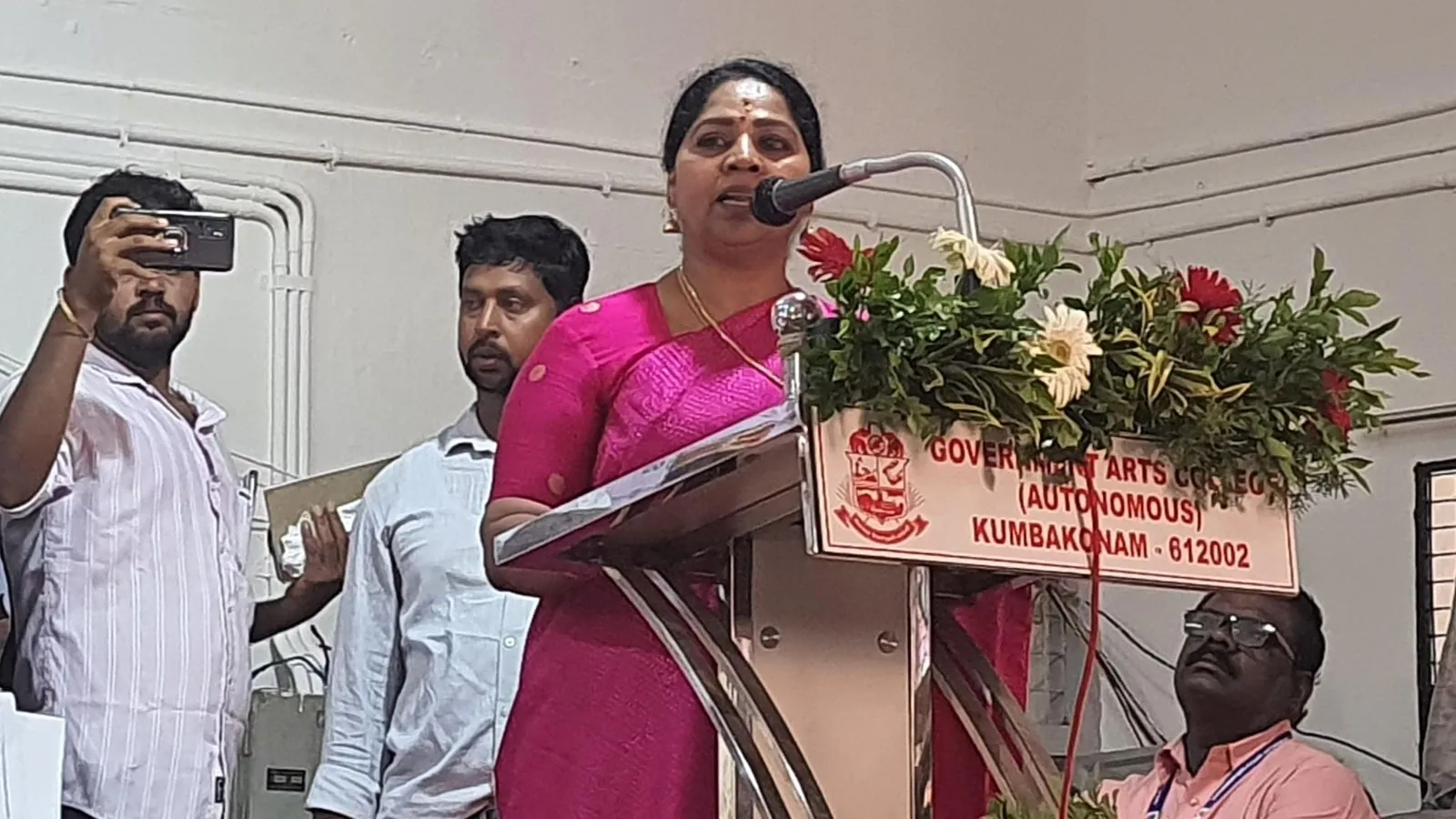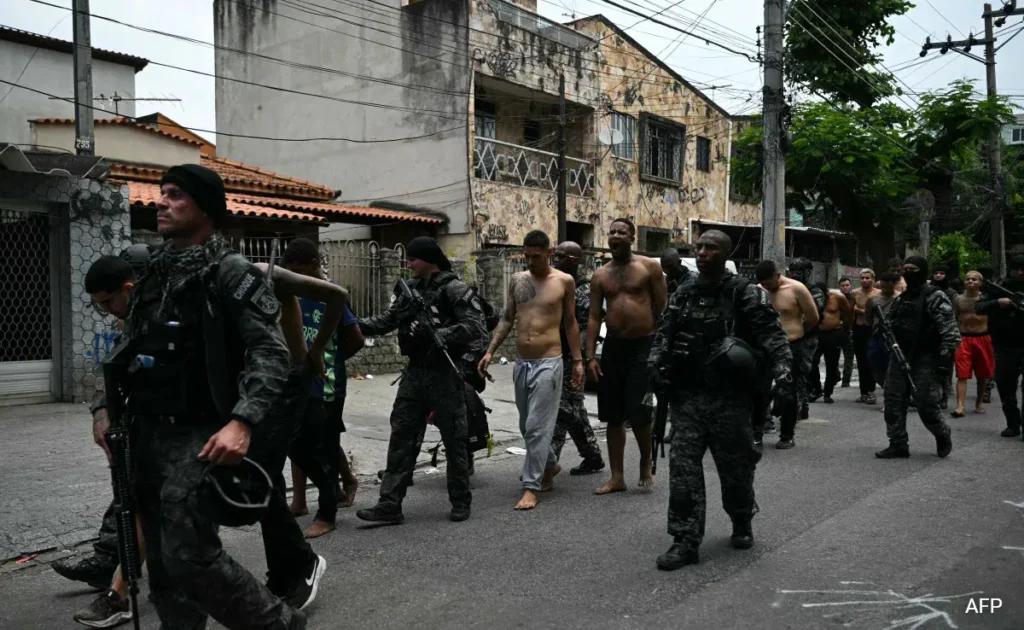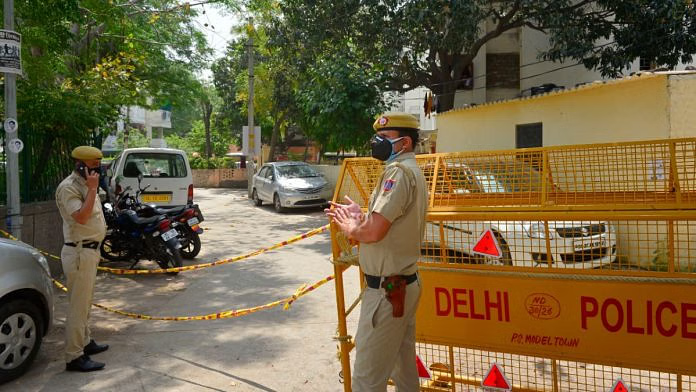Now Reading: Chain Snatching Near Parliament Raises Questions About Safety in VIP Zones
-
01
Chain Snatching Near Parliament Raises Questions About Safety in VIP Zones
Chain Snatching Near Parliament Raises Questions About Safety in VIP Zones

In a deeply unsettling incident, a Member of Parliament (MP) was targeted by chain snatchers in broad daylight in one of Delhi’s most secured VIP zones. What’s more alarming is not just the crime itself, but the complete absence of help from bystanders as the MP cried out. The incident has reignited long-standing concerns about safety, even in high-security areas of the national capital.
What Exactly Happened
The incident took place near the Delhi Press Club—just a short distance from Parliament. The MP was walking when two unidentified bike-borne assailants snatched her gold chain and sped away. Despite her shouts for help, no one around stepped in.
This wasn’t a deserted area. It’s a high-profile part of Lutyens’ Delhi, frequently patrolled and heavily monitored. The boldness of the act in such a location has stunned both citizens and lawmakers alike.
A Stark Message From the MP
Following the incident, the MP publicly questioned how ordinary citizens are expected to feel safe when even elected representatives aren’t spared, and that too in a zone surrounded by security personnel. Her statement struck a chord across social media, where many echoed similar frustrations about law enforcement, public apathy, and rising street crimes.
The MP highlighted not just the theft but the silence of those around her. “I screamed for help, but no one came forward,” she said. It was a moment that underlined a troubling disconnect between safety infrastructure and real-time public action.
Safety in VIP Zones: Reality vs Assumptions
Delhi’s VIP areas are assumed to be the safest zones in the city. They’re under constant surveillance, have frequent police patrolling, and are surrounded by government offices. Yet, incidents like these show that no area is truly immune to street-level crimes.
This also brings up an uncomfortable truth: even with CCTVs and police presence, crimes can happen in seconds. And unless bystanders are willing to intervene or alert authorities, victims are often left on their own.
Relevance to Other Indian Cities
While this incident happened in Delhi, its implications stretch across other urban centres and Tier 2 cities as well. Chain snatching, pickpocketing, and petty thefts are on the rise even in towns previously considered low-crime zones.
The key issue isn’t just law enforcement—it’s also about public response. Most people don’t want to get involved. That hesitation, though understandable, contributes to a culture where criminals act with confidence, knowing help won’t come.
What Needs to Change
Security experts argue for more visible and proactive patrolling, especially in zones close to public buildings. Some suggest better street lighting and stricter punishment for chain snatchers.
But beyond systems and infrastructure, the bigger challenge is public behaviour. People must be encouraged—and more importantly, feel safe enough—to respond in emergencies. It’s not about heroics, but about building a basic civic support system.
Conclusion
A chain snatching near Parliament might seem like just another urban crime, but it carries symbolic weight. If safety can be breached so easily in the heart of the nation’s capital, it raises questions for every other city, town, and neighbourhood. It’s not just about better policing—it’s also about rebuilding trust and responsibility, both within the system and among the people.

























